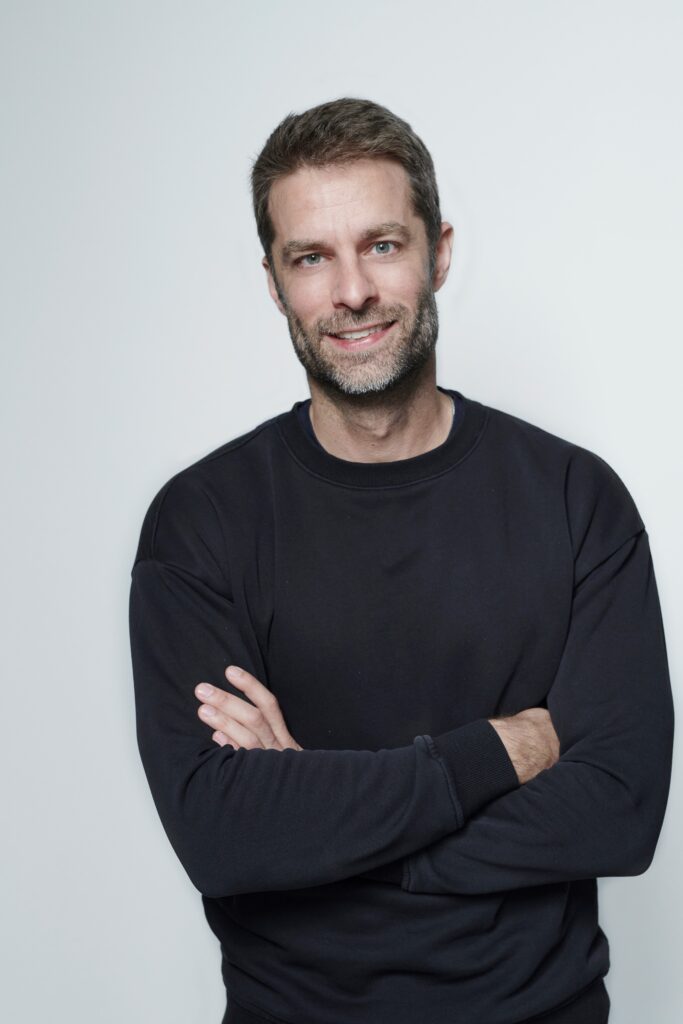Facts, fakes and general dumbing down: the spreading of misinformation and deliberate disinformation of socially critical topics, the influence of the media and the question of whether artificial intelligience will worsen this problem – these are areas of interest for science journalist Kai Kupferschmidt. The Berlin author and moderator is taking on the Nature Marsilius Visiting Professorship for Science Communication at Ruperto Carola. The visiting professorship programme – a joint initiative by Holtzbrinck Berlin, the Klaus Tschira Foundation and Heidelberg University – is intended to train young researchers, in particular, for presenting their academic work to the general public and contributing to a societal dialogue about the significance and responsibility of science. At the end of the 2024/2025 winter semester Kai Kupferschmidt will give a lecture, which is also aimed at the interested public.

Whether it is a matter of untruths, rumors, propaganda or post-truth: Kai Kupferschmidt will raise the omnipresent concern about fake news in various workshops, discussing what misinformation and disinformation actually are, how they come about and how they spread. With the participants, he wants to consider different forms of false and misleading information, presenting the way researchers explore this issue and their suggested steps to deal with it. A debate-workshop entitled “Facts, Fakes and General Dumbing Down” aims to especially discuss the role of the media and social media, the influence of artificial intelligence and the possible ways in which society can take action.
In a “career talk” Kai Kupferschmidt will offer practical insights into the professional fields of science journalism and science communication. Further workshop options will explore how science can be made comprehensible to non-scientists. The Nature Marsilius Visiting Professor will there explain the differences between scientific and journalistic writing, and introduce the “power” of story-telling. In a course playfully named “Ein Anruf, der (Wissen) schafft?” (“a phone call that creates knowledge”) the journalist will also reach out to researchers seeking to prepare for handling media inquiries. Kai Kupferschmidt will hold the public lecture entitled “Between Pandemic and Populism: Responsibility and Trust in Science Journalism” on 22 January 2025.
Kai Kupferschmidt studied molecular biomedicine at the University of Bonn and then gained a professional qualification from the Berliner Journalisten-Schule. He has worked as a journalist since 2009. He is a correspondent for the journal Science and regularly writes for such media as Die Zeit, Süddeutsche Zeitung and the Frankfurter Allgemeine Sunday paper. In addition, he co-hosts the podcast “Pandemia – Die Welt. Die Viren. Und wir” (“Pandemia – The World. The Viruses. And us”). His reporting focuses particularly on infectious diseases and global health. Kai Kupferschmidt has received several awards for his journalistic work. He has authored books on epidemics and the fascination of blue, a rare colour in nature.
The Nature Marsilius Visiting Professorship for Science Communication is a joint initiative of Holtzbrinck Berlin, the Klaus Tschira Foundation and Heidelberg University. In the context of the professorship, notable experts are invited to the university to hold their own courses at the Marsilius Kolleg on what makes for quality reporting about scientific work and research findings. At the same time, the visiting professors are expected to spark a broad-based discussion about new forms of exchange between academia and the public. The most recent holders of the visiting professorship include Mai Thi Nguyen-Kim, Michele Catanzaro, Martin Enserink and Fiona Fox.
